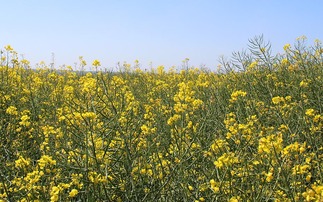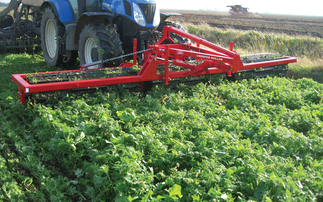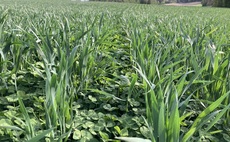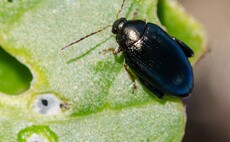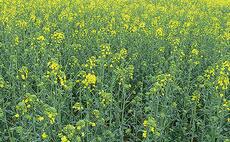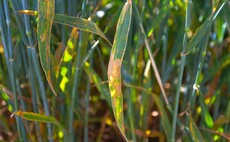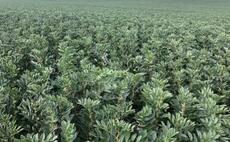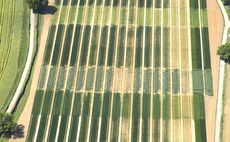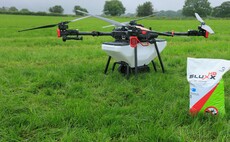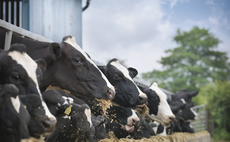
FMC's Chris Bond is advising growers to consider foliar nutrition, and boron in particular, ahead of winter
With a challenging autumn for oilseed rape establishment so far, looking after and maintaining the momentum of crops that have made it through will become increasingly important.
That is according to Chris Bond, product manager for crop nutrition and plant health at FMC, who is advising growers to think about foliar nutrition, and boron in particular, ahead of winter.
Foliar nutrition could be key to growers establishing robust and large OSR plants to battle pests and the elements, he says.
"Larger OSR plants are much more likely to withstand the adult grazing and larval phase of flea beetle attack and will be more robust when it comes to freezing temperatures," says Mr Bond.
See also: How to maximise OSR potential this season
FMC carries out tissue testing across the country on a yearly basis to see trends in crop deficiencies. For the past three years the company has been monitoring OSR crops and has identified a trend in increasing boron deficiency.
"Over the past three years we've seen boron deficiency creeping up. In 2021 26 per cent of the crops we tested were deficient, and this year it's jumped to 42 per cent," says Mr Bond.
He explains that boron, a micronutrient, is particularly important after the four leaf stage as it influences crop growth processes and builds frost resilience over winter by strengthening cell walls. It also has a part to play in flowering.
"Although flowering is quite a way off, the OSR starts to develop florets at the base of the plant as early as the autumn. So, making sure the plant has enough boron to influence this is important as it ultimately could impact yield."
Mr Bond recommends an application of boron in a mix with other micronutrients to help aid nitrogen use efficiency (NUE) and give the crop a boost this autumn.












